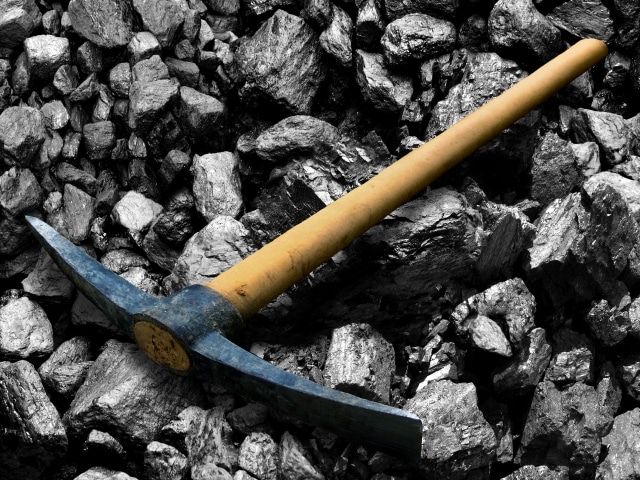At its annual shareholder meeting in Charlotte, North Carolina last week, Bank of America announced that it was officially committed to slashing its financing of coal.
This is a major policy reversal for the bank. Just a few years ago, Bank of America, then the biggest bank in the US, was the largest underwriter of the US coal industry. From 2009 to 2010, for instance, the bank pumped some $4.3 billion into US coal companies, a fifth of all coal financing by the top 25 banks and financial institutions.
Those days are over for BofA, however. In announcing the new policy at the shareholder meeting, Andrew Plepler, head of corporate social responsibility for the bank, said, “Our new policy reflects our decision to continue to reduce our credit exposure over time to the coal mining sector globally.”
Though it has not yet set a timeline for its withdrawal from coal financing, the bank did officially put its new commitment in writing, stating,
“Bank of America will continue to reduce our credit exposure to coal extraction companies. This commitment applies globally, to companies focused on coal extraction and to divisions of diversified a mining companies that are focused on coal.”
The policy also explicitly states that mountaintop removal and other forms of extreme coal mining are to be phased out of its portfolio.
Despite representing less than 40% of the US’s energy mix, coal is responsible for a whopping 80% of climate emissions from the electricity generation sector.
The grim future facing the coal industry as the world wakes up to the urgency of the climate crisis — plus competition from other sources of energy such as natural gas and renewables like wind and solar — certainly must have factored into the bank’s decision.
Any way you look at it, coal is not a safe investment.
But according to the New York Times, the bank itself attributes the new policy at least partly to pressure campaigns run by environmental groups and universities divesting from fossil fuels.
San Francisco-based Rainforest Action Network (where I used to work) ran one of those campaigns for the past four years. “This campaign and many others have challenged the ‘social license’ of the coal industry and companies that associate closely with it risk being viewed as out-of-touch dinosaurs,” Amanda Starbuck, RAN’s climate and energy program director, told DeSmogBlog.
Starbuck says that there are significant risks for financial institutions that back coal, including seeing their assets stranded as mines are idled due to decreasing demand and coal-fired power plants are rendered obsolete by more stringent pollution controls. Investing in the coal industry also exposes institutions to litigation as mining, energy production and coal ash storage are more carefully regulated.
“The renewable energy industry is a far more attractive financial proposition, it is swiftly expanding here in the U.S. and across the globe,” Starbuck says.
Of course, for an institution the size of Bank of America, this sweeping change in policy will take time to implement.
“RAN will be monitoring the bank’s participation in loans, bonds, and other transactions involving coal mining companies to verify that they are following through on this commitment,” Starbuck tells DeSmog. “We have seen data which supports the bank’s assertion that they have already begun their transition away from coal mining.”
While this announcement from Bank of America is a further sign that the coal industry is dying, it’s not dead yet. A new report by RAN, BankTrack and the Sierra Club found that global banks pumped $70 billion into coal mining operations in 2014 — up from $55 billion the previous year.
As Bank of America’s announcement shows, however, major financial institutions are starting to back away from the dirty coal industry.
Image Credit: PRUSSIA ART / Shutterstock.com
Subscribe to our newsletter
Stay up to date with DeSmog news and alerts







